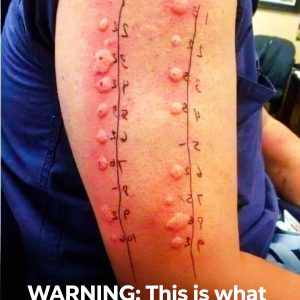Coronary disease remains the planet’s deadliest health threat—nearly nine million lives were lost to it in 2019, according to the World Health Organization. Yet heart attacks rarely strike without notice. Studies catalogued in the National Library of Medicine show that many patients experience nagging, easily dismissed physical changes—called prodromal symptoms—days or even weeks in advance.
Below are seven such signals. One by itself may be harmless, but a cluster of these signs—especially in someone who smokes or has high blood pressure, diabetes, or elevated cholesterol—should prompt swift medical attention.

Unexplained Exhaustion
When arteries narrow, less oxygen-rich blood reaches the heart muscle. Ordinary errands leave you wiped out, and a full night’s sleep doesn’t recharge the battery.

Sudden Shortness of Breath
Panting after minimal effort may reflect inadequate cardiac output rather than a lung problem. If your breathing feels wrong for the moment’s activity, get it checked.
Light-Headedness & Cold Sweats
Dizziness paired with clammy skin can signal dropping blood pressure and reduced flow to the brain—a possible companion to evolving heart trouble.
Unexpected Weakness
Rubbery legs, shaky arms, or the sense that even a coffee mug feels heavy can reveal circulatory strain long before chest pain appears.
Flu-Like Malaise
Nausea, mild body aches, or vomiting that surface without the usual fever or sniffles have been reported by many heart-attack survivors in the days just before their event.
Building Chest Discomfort
Heaviness, burning, or pressure—whether sharp or dull—that lingers or recurs under stress deserves urgent evaluation, even if it eases at rest.
Swollen Ankles or Feet
A faltering pump lets fluid pool in the lower extremities. New or worsening puffiness, especially alongside other warnings, is a red flag.
Take Action, Don’t Second-Guess
Call emergency services if several of these symptoms appear together, or if chest pressure is joined by breathlessness, sweating, or dizziness. Fast treatment can limit heart damage and save a life.
Routine checkups, a balanced diet, regular activity, and smoking cessation remain the best defenses—but listening to your body’s quiet alarms may give you (or someone you love) the precious minutes needed to avert disaster.
This material is for information only and is not a substitute for professional medical advice. Always consult a qualified healthcare provider with any questions about your health.





